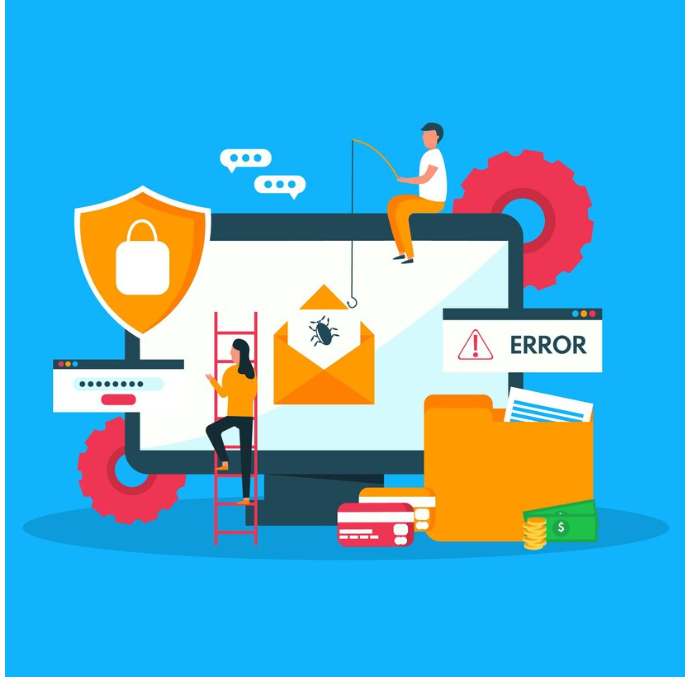Privacy and Security Challenges
Absolutely, privacy and security challenges in the digital age are crucial topics for discussion. Here's an outline for a blog post covering this subject:
Privacy Challenges:
Data Collection Practices: Discuss the widespread collection of personal data by tech companies, social media platforms, and other online services. Highlight concerns about the amount and scope of data collected, as well as the lack of transparency and user control over data collection practices.
Surveillance and Tracking: Explore the implications of pervasive surveillance and tracking technologies, including government surveillance programs, online tracking for targeted advertising, and the use of facial recognition technology in public spaces. Discuss the impact on individual privacy rights and civil liberties.
Data Breaches and Hacks: Analyze the prevalence of data breaches and cyberattacks targeting personal information. Discuss the consequences of data breaches for individuals, organizations, and society at large, including identity theft, financial fraud, and reputational damage.
Privacy Legislation and Regulation: Examine the role of government regulation in protecting individual privacy rights. Discuss existing privacy laws such as the GDPR in Europe and the CCPA in California, as well as the need for comprehensive federal privacy legislation in the United States.
Emerging Technologies: Discuss the privacy implications of emerging technologies such as artificial intelligence, biometrics, and the Internet of Things (IoT). Explore concerns about data privacy, algorithmic bias, and the potential for invasive surveillance in a world increasingly dominated by smart devices and intelligent systems.
Security Challenges:
Cybersecurity Threats: Highlight the growing threat landscape posed by cybercriminals, state-sponsored hackers, and other malicious actors. Discuss common cybersecurity threats such as malware, ransomware, phishing attacks, and DDoS attacks, as well as the importance of robust cybersecurity measures to protect against these threats.
Supply Chain Security: Discuss the security risks associated with global supply chains, including the potential for hardware and software vulnerabilities to be exploited by adversaries. Explore recent incidents of supply chain attacks and the challenges of securing complex supply chain ecosystems.
Critical Infrastructure Protection: Analyze the cybersecurity risks facing critical infrastructure sectors such as energy, transportation, healthcare, and finance. Discuss the potential consequences of cyberattacks on critical infrastructure, including disruptions to essential services and threats to public safety and national security.
Securing Emerging Technologies: Explore the security challenges associated with emerging technologies such as cloud computing, AI, IoT, and 5G networks. Discuss the importance of building security into the design and development of these technologies to mitigate potential risks.
User Awareness and Education: Highlight the importance of user awareness and education in preventing cybersecurity incidents. Discuss the role of cybersecurity training, awareness campaigns, and best practices in empowering individuals and organizations to protect themselves against cyber threats.
By addressing these privacy and security challenges in depth, a blog can raise awareness of the risks and vulnerabilities inherent in the digital ecosystem and promote dialogue on strategies for enhancing privacy protection and cybersecurity resilience.
For more information, visit on our mail id:-admin@innovationalofficesolution.com

